The 30-Second Takeaways
🍅 Fresh and Diverse Produce: Local markets offer the freshest, most diverse produce, often harvested at peak ripeness. This ensures maximum nutritional value and flavour, unlike supermarket produce that may have travelled long distances.
🌈 Nutritional Diversity: Aim for 20-30 different fruits and vegetables weekly for optimal health. Local markets make this easy with their wide variety of seasonal produce, supporting a healthy gut microbiome.
🌱 Organic Advantage: Local markets often provide easier access to affordable organic produce. Choosing organic reduces exposure to harmful pesticides and supports sustainable farming practices.
💰 Boosting Local Economy: Shopping at local markets directly supports local farmers, producers, and artisans. This keeps money circulating within the community, strengthening the local economic fabric.
🌍 Sustainable Supply Chains: The short supply chain of local markets significantly reduces food miles and carbon footprint. This makes local market shopping a tangible way to contribute to environmental sustainability.
🤝 Social Connections: Local markets foster community interactions and knowledge sharing. They provide a space for social engagement, unlike the often isolating experience of supermarket shopping.
💼 Smart Shopping: Contrary to popular belief, local markets can often be more economical than supermarkets. Direct producer-to-consumer relationships can result in better prices for high-quality, fresh produce.
🧠 Conscious Consumption: Shopping at local markets encourages awareness about food origins. This leads to more informed dietary choices and a deeper appreciation for our food.
The Full Article
Welcome to Sustainics, where we explore the intersection of sustainability, health, and community living. Today, we're taking you on a virtual tour of the vibrant Saturday market in Gap, a charming city nestled in southeastern France. This market is more than just a place to buy groceries; it's a testament to the power of local economies, sustainable living, and community connections.
The Freshness Factor: Beyond the Supermarket Shelf
One of the most striking aspects of Gap's local market is the unparalleled freshness of its offerings. Unlike supermarkets, where fruits and vegetables often endure long journeys and extended periods in cold storage, the produce at the market is typically harvested at the peak of ripeness. This ensures that shoppers receive not only the freshest possible items but also the most nutritionally dense.
Consider the vibrant cherries on display, their deep black hue a testament to their perfect ripeness - a sight rarely encountered in conventional retail settings. This level of freshness is a direct result of the short supply chain, or 'circuit court', that local markets facilitate. Produce often travels directly from nearby farms to market stalls, bypassing the need for long-term storage or artificial ripening processes.
Diversity: A Rainbow on Your Plate
The importance of dietary diversity cannot be overstated, and local markets shine in this regard. Medical professionals often recommend consuming 20 to 30 different fruits and vegetables weekly for optimal health. The Gap market makes achieving this goal not just possible, but enjoyable.
From crisp apples and juicy tomatoes to seasonal delights like aubergines and courgettes, the market offers a veritable rainbow of options. This diversity is crucial for nurturing a healthy gut microbiome, which thrives on a varied diet. By providing such a wide array of choices, local markets make it easier for consumers to break free from the monotony of eating the same few fruits and vegetables repeatedly.
The Organic Advantage
Another significant benefit of shopping at local markets is the increased access to organic produce. While organic options are becoming more common in supermarkets, they often come with a hefty price tag. Local markets frequently offer organic produce at more affordable prices, making this healthier option accessible to a broader range of consumers.
The importance of choosing organic cannot be overstated. Non-organic farming practices often involve the use of pesticides and chemical fertilisers, which can leave residues on our food. These toxins can accumulate in our bodies over time, potentially leading to long-term health issues. By opting for organic produce, we reduce our exposure to these harmful substances and support more sustainable farming practices.
Boosting the Local Economy
Every purchase made at a local market is an investment in the community. The vendors at these markets are often local farmers, producers, and artisans who rely on these weekly events for their livelihoods. By choosing to shop at local markets, we're directly supporting these small businesses and helping to maintain a vibrant local economy.
This economic impact extends beyond just the vendors. Local markets often become social hubs, attracting tourists and locals alike, which can have positive ripple effects on nearby businesses. Moreover, the money spent at local markets tends to circulate within the community, further strengthening the local economic fabric.
Sustainable Supply Chains and Carbon Footprint Reduction
The 'circuit court' or short supply chain of local markets significantly reduces the carbon footprint associated with our food consumption. When produce doesn't have to travel long distances or be stored for extended periods, it requires less energy for transportation and preservation. This reduction in food miles is a tangible way for consumers to contribute to environmental sustainability through their shopping habits.
The Social Aspect: More Than Just Shopping
Perhaps one of the most overlooked benefits of local markets is the social connections they foster. Unlike the often isolating experience of shopping in a supermarket, markets encourage interaction. Shoppers chat with vendors about their products, exchange recipes, and catch up with neighbours. For many, market day is as much about community as it is about commerce.
This social aspect extends to the sharing of knowledge as well. Vendors often have intimate knowledge of their products and can offer advice on selection, storage, and preparation. This exchange of information helps consumers make more informed choices and can even inspire them to try new foods or cooking methods.
Smart Shopping: Quality and Affordability
Contrary to popular belief, shopping at local markets can often be more economical than buying from supermarkets. While supermarkets have complex supply chains with multiple intermediaries, each taking a cut, local markets offer a direct producer-to-consumer relationship. This means that even though farmers may be selling at lower prices, they're often earning a higher profit margin than they would through conventional retail channels.
For consumers, this translates to high-quality, fresh produce at competitive prices. By learning to shop seasonally and planning meals around what's available at the market, shoppers can often save money while enjoying superior produce.
Conscious Consumption: Knowing Your Food's Journey
In an era of globalised food systems, it's increasingly important to be aware of where our food comes from. While local markets primarily feature local produce, some vendors may offer products from further afield. It's up to us as consumers to ask questions and make informed choices about what we buy and eat.
By engaging with vendors and learning about the origins of our food, we become more conscious consumers. This awareness can lead to better dietary choices, support for sustainable farming practices, and a deeper appreciation for the food we eat.
Conclusion: Embracing the Local Market Revolution
The Saturday market in Gap is more than just a quaint tradition; it's a model for sustainable, healthy, and community-oriented living. By supporting local markets, we're not just buying food - we're investing in our health, our communities, and our planet.
As we wrap up our tour of Gap's market, I encourage you to seek out and support your local markets. Experience the freshness, embrace the diversity, and engage with your community. Let's make every shopping trip an opportunity to vote with our wallets for a more sustainable and connected world.
Remember, each apple you buy from a local farmer, each conversation you have with a vendor, and each new recipe you try with seasonal produce is a step towards a healthier you and a healthier planet. So, next weekend, why not skip the supermarket and rediscover the joys of your local market? Your taste buds, your community, and the environment will thank you.
Thanks and acknowledgements
🌱 This Podcast was produced with passion and love in green Geneva, Switzerland. It is proudly sponsored by Valeris Coaching, and primarily produced and delivered by senior coach Lucas Challamel, as part of his YouTube channel, The Camel Hall.
🧠 https://poe.com/Claude-3-Opus, contributed to brainstorming and as a sounding board for some conceptual propositions.
🎨 The video was patiently edited with the free version of CapCut, including sound fx, stickers and automated captions (Such a great feature!)
🌿 Welcome to "Sustainics," a thought-provoking and informative YouTube channel dedicated to exploring the world of sustainable living and our intricate relationship with the environment. In today's rapidly changing world, it is more important than ever to examine our habits, choices, and the impact we have on the planet. Through this channel, we aim to inspire and guide you on a journey towards a more sustainable and balanced way of life.
🌳 At "Sustainics," we believe that the way we interact with our environment is a reflection of our inner selves. By cultivating a deeper understanding and appreciation for the natural world around us, we can not only contribute to the well-being of the planet but also enrich our own lives in countless ways. Our content covers a wide range of topics, including sustainable nutrition, eco-friendly construction techniques, organic gardening, and fostering meaningful connections with the flora and fauna that surround us.
💡 We understand that the path to sustainability is not always clear-cut, and that's why we are here to provide you with practical tips, expert insights, and real-life examples of individuals and communities who are making a difference. Whether you're a seasoned environmentalist or just starting to explore the concept of sustainable living, "Sustainics" has something for everyone.
🎥 Through our engaging videos, in-depth interviews, and thought-provoking discussions, we aim to create a community of like-minded individuals who are passionate about creating positive change. We believe that by sharing our knowledge, experiences, and ideas, we can collectively work towards a more sustainable future.
🌏 But "Sustainics" is about more than just the environment; it's about recognizing the interconnectedness of all aspects of our lives. We explore how our relationships with the natural world can influence our mindset, leadership style, and ability to innovate and think creatively. By nurturing a more harmonious relationship with our environment, we can unlock our full potential and create a more balanced and fulfilling life.
🚀 Join us on this exciting journey as we delve into the world of sustainable living, uncover the beauty and wisdom of the natural world, and work together to create a brighter, greener future for generations to come. Subscribe to "Sustainics" today and become part of a growing community of individuals who are passionate about making a difference, one small step at a time.

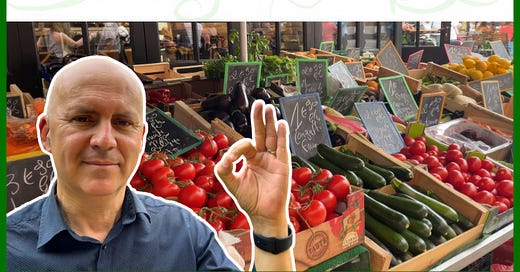



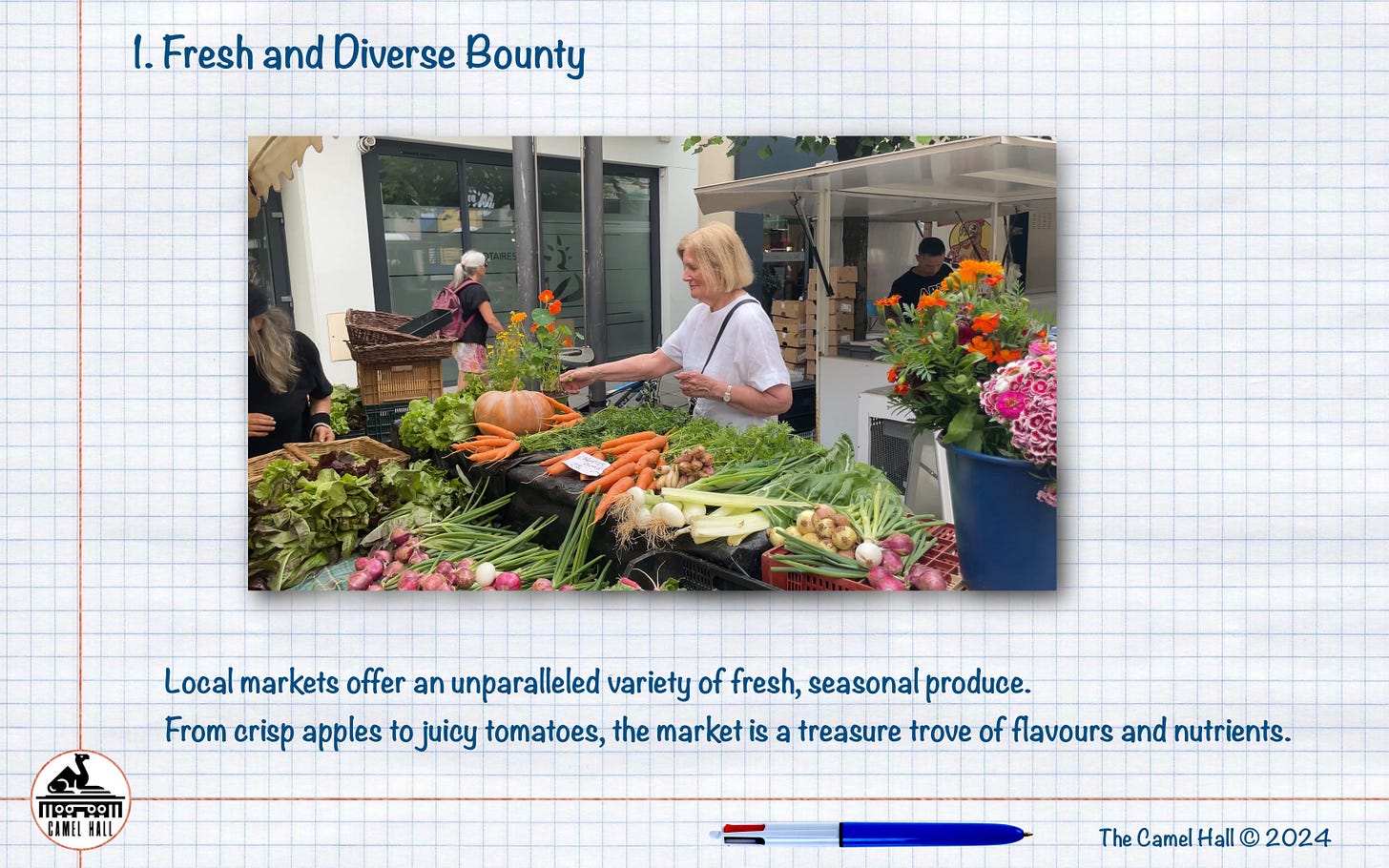
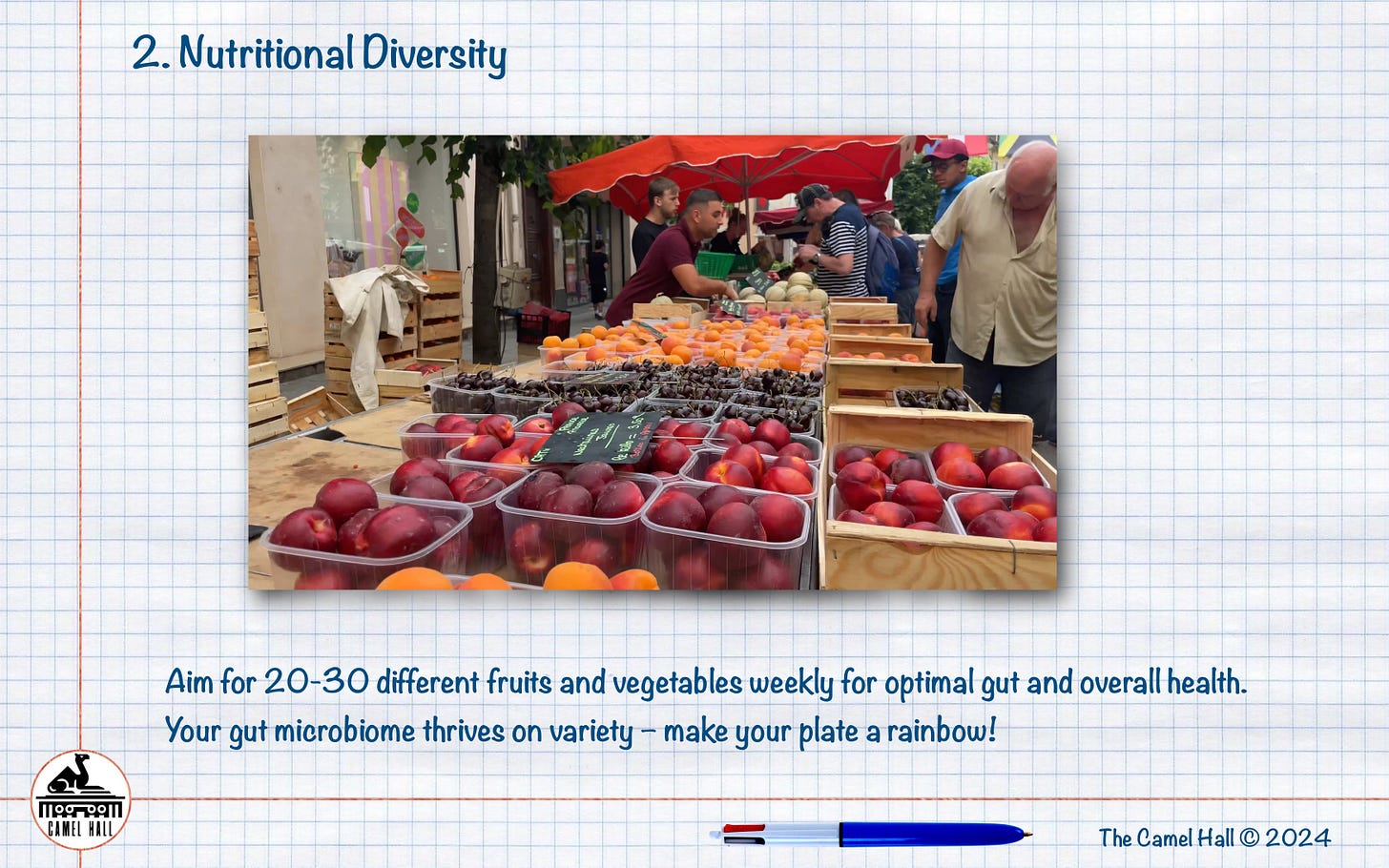
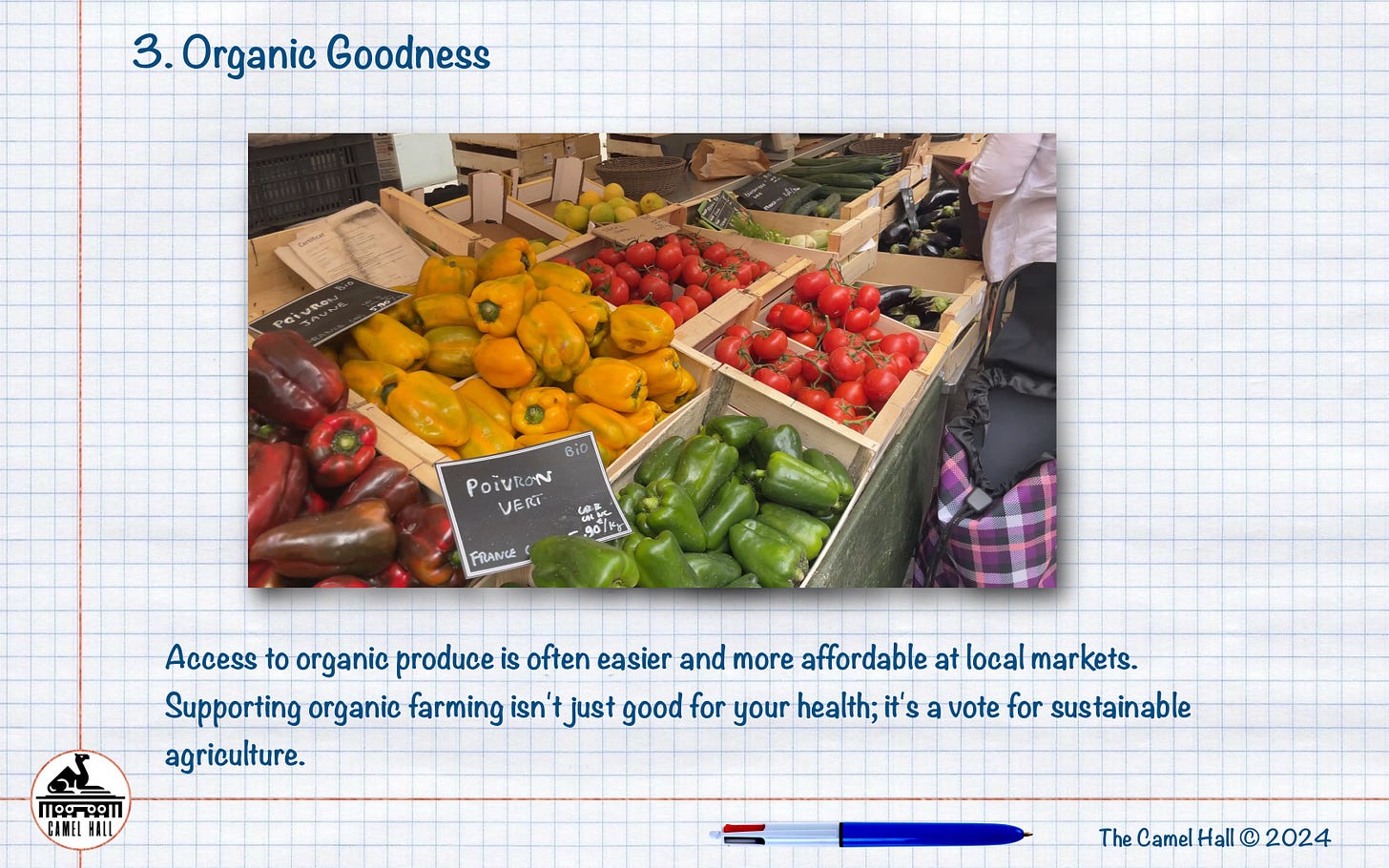
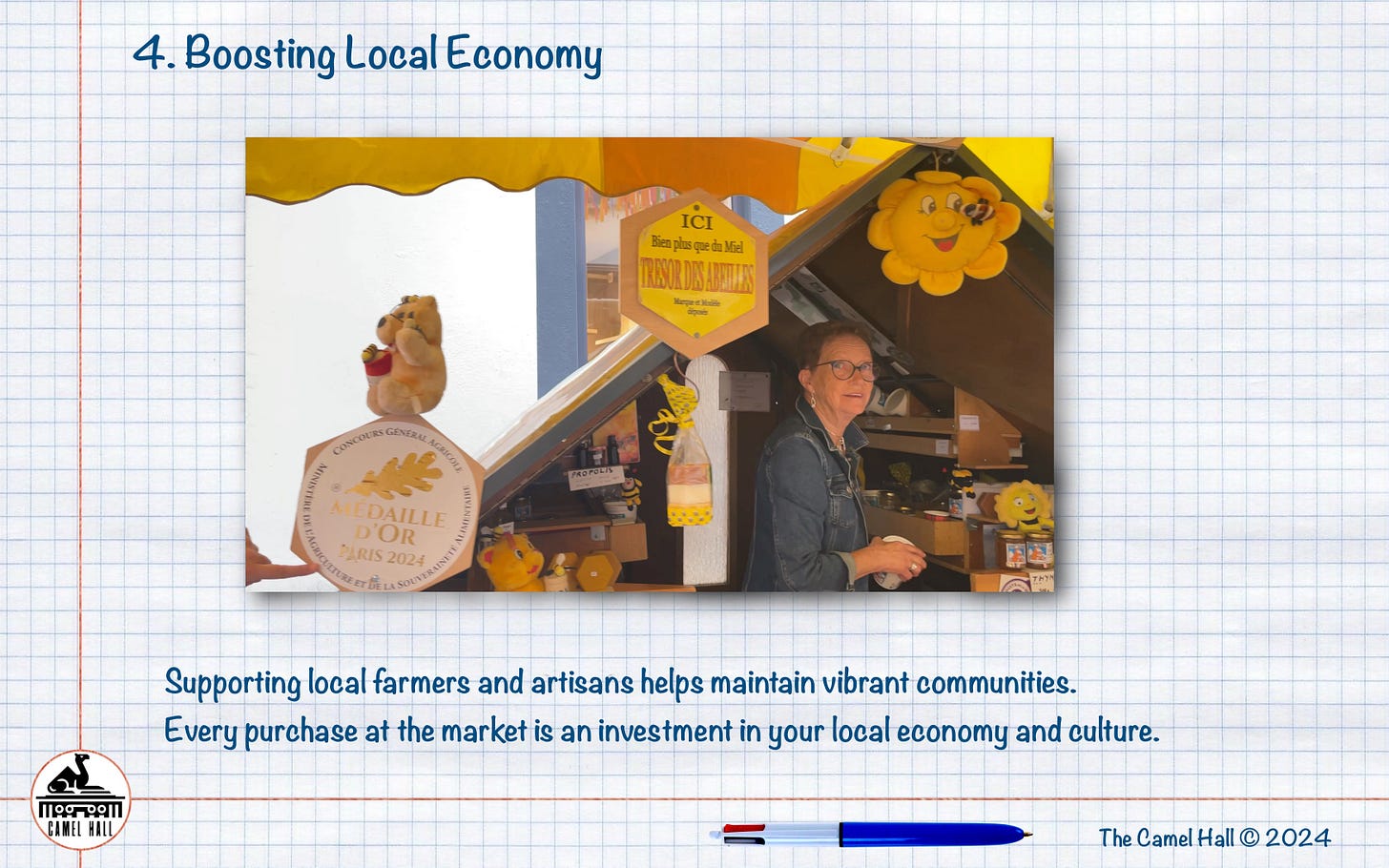
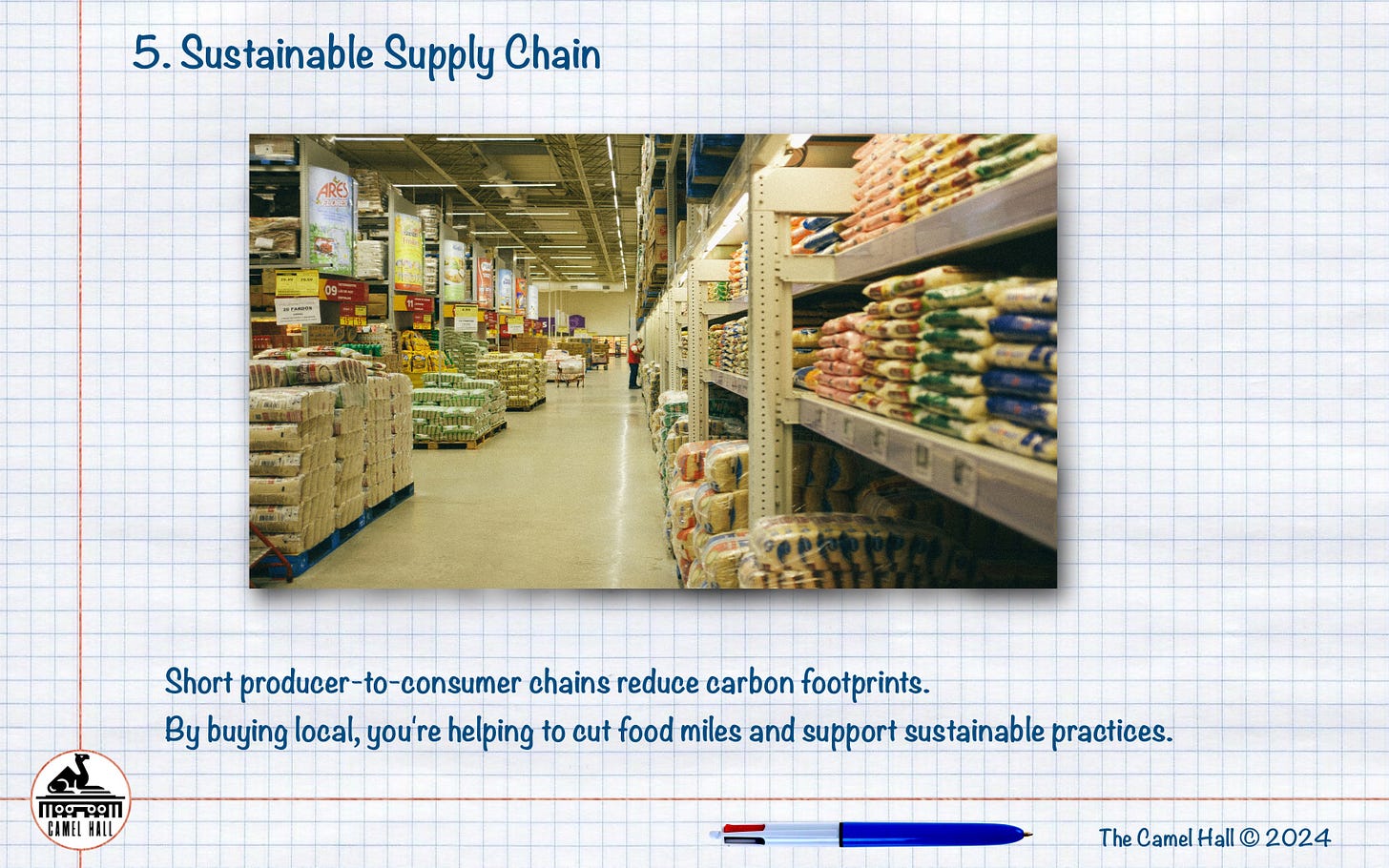
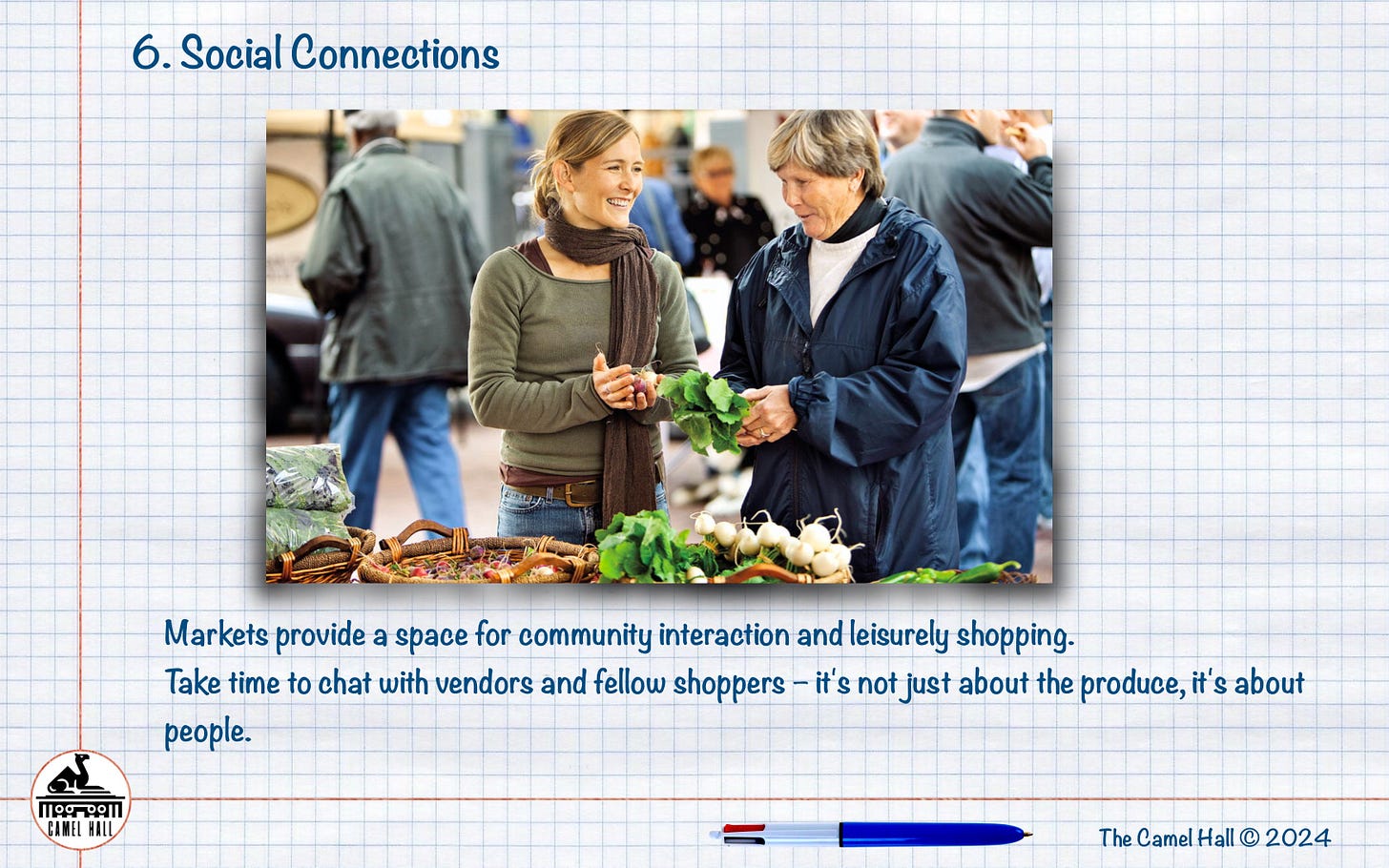
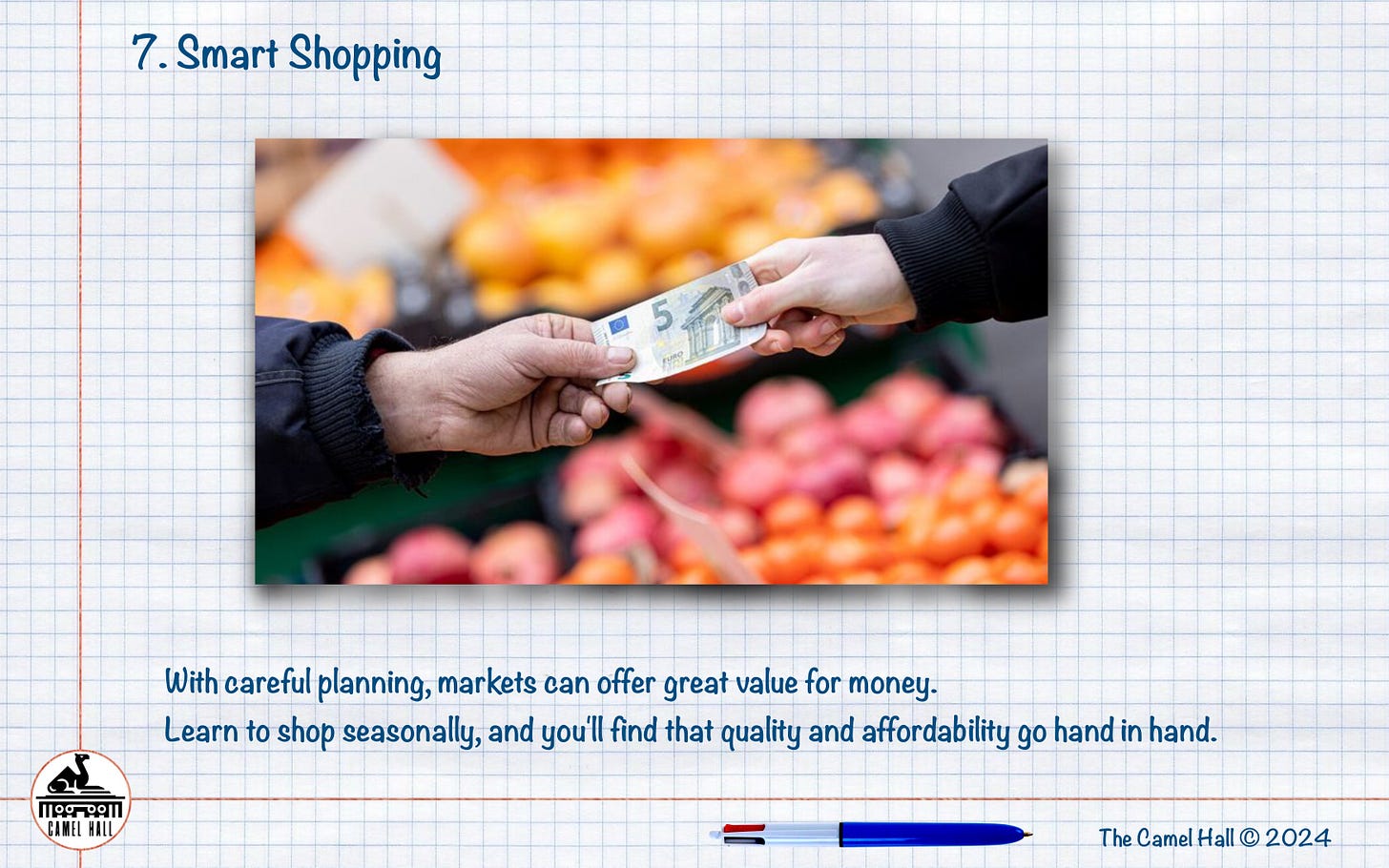
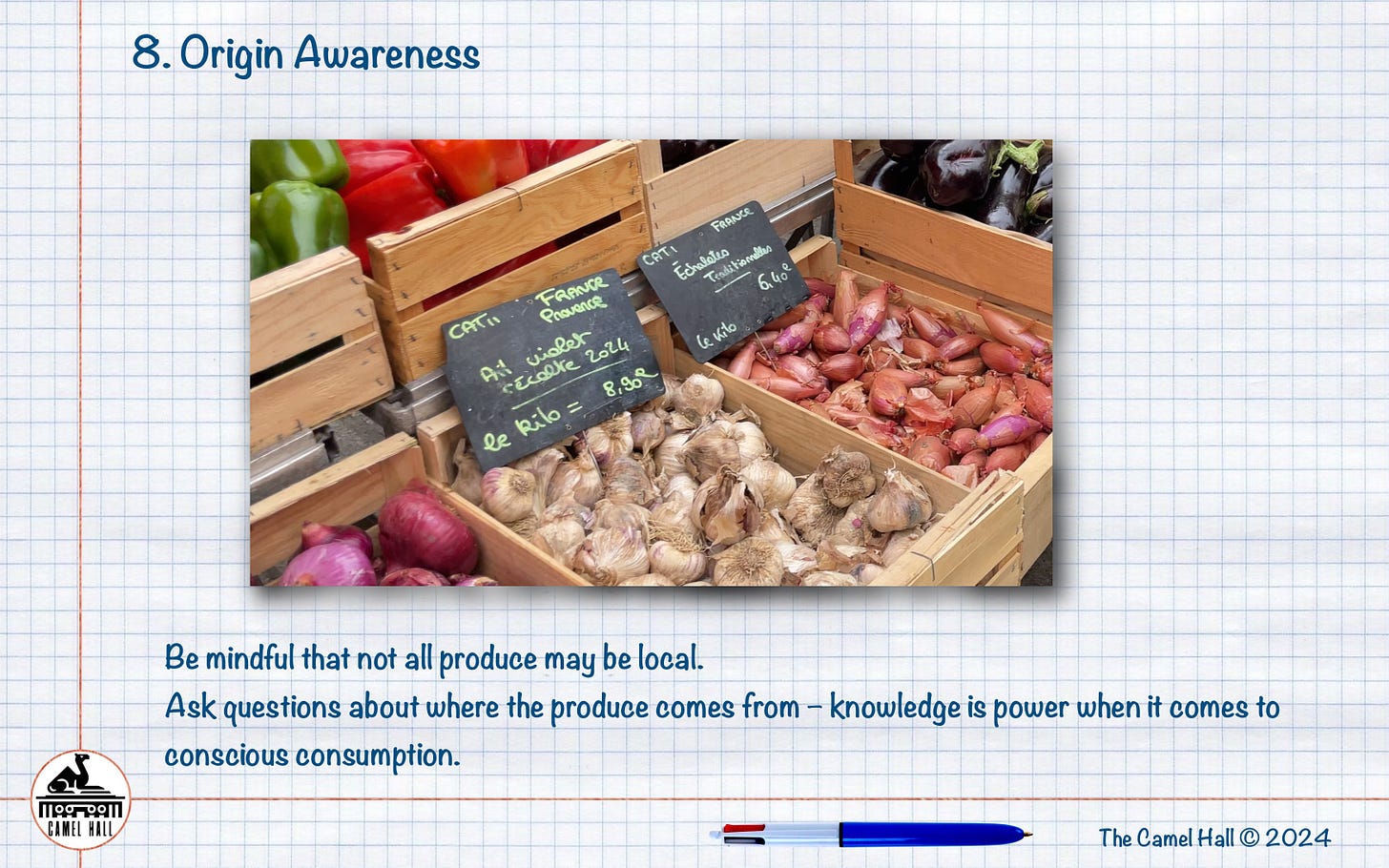



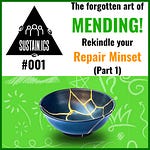
Share this post